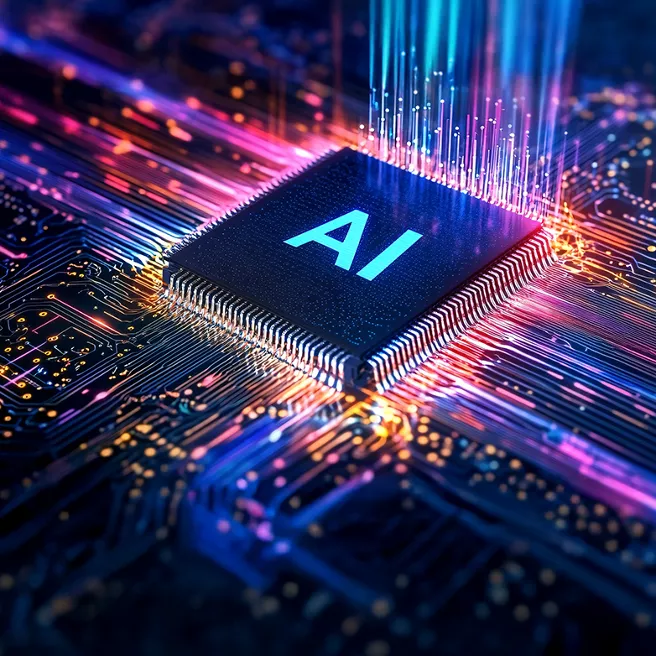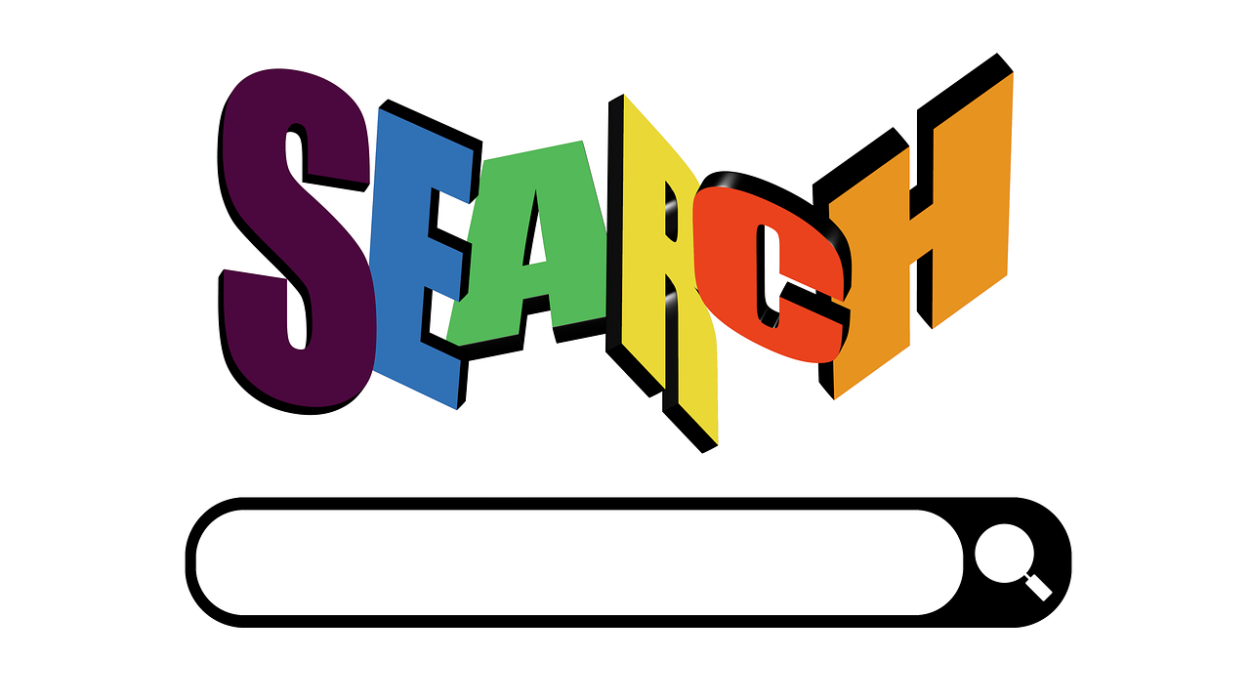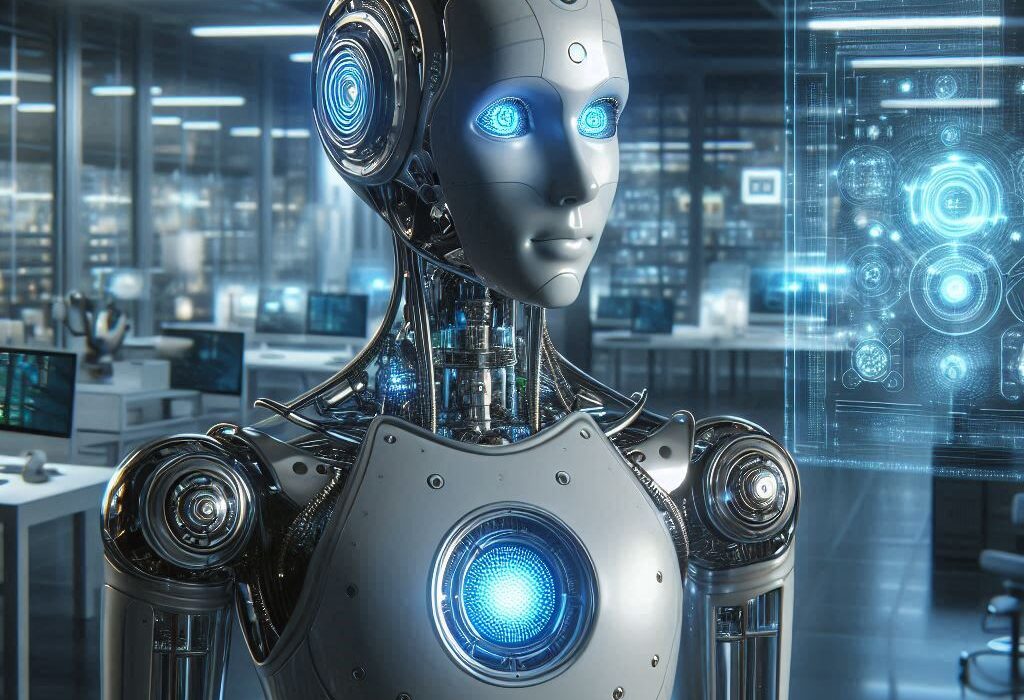If you woke up this morning, scrolled through your phone, checked the weather, navigated traffic, sent a voice message, or binged a series late at night, chances are you’ve already interacted with artificial intelligence — and you didn’t even notice. AI has quietly threaded itself into the fabric of your life, not as a humanoid robot clanking through your kitchen, but as a silent orchestrator operating behind screens, sensors, and servers.
The truth is, AI’s presence is no longer confined to laboratories or futuristic films. It’s here, humming away in the background, working in ways so seamless they feel like magic — or, more accurately, like everyday life. This invisible companion doesn’t just assist you; it studies your habits, learns your preferences, anticipates your needs, and sometimes influences your decisions before you even realize a choice was made.
From Cold Machines to Warm Conversations
Not long ago, computers were cold, literal, and rigid. You had to speak their language: command lines, exact inputs, precise formatting. They were tools, not collaborators. But AI has changed that relationship. Today, machines increasingly speak your language — understanding your voice, interpreting your tone, even detecting your mood through subtle cues.
Voice assistants like Alexa, Siri, and Google Assistant don’t just follow orders; they respond with personality. They can tell jokes, recommend music based on your past listening patterns, and help you remember appointments you forgot you made. Under the surface, these assistants use natural language processing and machine learning models that have been trained on vast amounts of data, enabling them to adapt to the nuances of human speech.
The technology isn’t flawless — it still misunderstands, stumbles over accents, and sometimes delivers hilariously off-target answers — but the trajectory is undeniable. Each conversation you have with these systems subtly teaches them more about how you talk, what you like, and how best to serve you.
Your Morning, Optimized by Algorithms
Imagine your day as a series of decisions: when to wake up, which route to take, what to eat, which email to answer first. Now imagine that many of these decisions are no longer purely yours — they’re quietly influenced, even determined, by algorithms designed to save you time, money, and effort.
When you set an alarm in a smart home system, it can sync with your calendar, adjust for weather delays, and wake you at the lightest phase of your sleep cycle. That’s AI analyzing your patterns and making subtle adjustments for your benefit.
When you open a map app for directions, the quickest route isn’t calculated by a human looking at traffic cameras — it’s computed by AI models that ingest millions of real-time data points: speed reports from other drivers, accident data, weather conditions, and historical traffic patterns. By the time you turn the ignition, the AI has already anticipated where congestion will form and rerouted you accordingly.
Even your morning coffee might be algorithm-assisted. If you order from a chain café’s mobile app, AI systems can predict your usual order, suggest seasonal specials you might enjoy, and estimate when it will be ready based on barista workload and queue length.
The Unseen Hand in Your Entertainment
When you open Netflix, YouTube, or Spotify, it’s easy to believe you’re in control — scrolling through options, picking whatever catches your interest. But those “recommended for you” sections are not random; they are carefully curated by AI recommendation engines that have been studying your every click, watch, skip, and pause.
Netflix, for example, doesn’t just track what you watch — it analyzes when you watch, how quickly you return to a show, what genres you binge versus savor slowly, and even which cover art you linger on before pressing play. From this ocean of behavioral data, its AI predicts what will keep you glued to the screen.
Spotify operates similarly. Every skip, replay, and volume adjustment teaches the system about your evolving taste. If you’re listening to acoustic tracks in the morning but switch to high-energy pop in the evening, the AI will notice and adapt, creating playlists that match your rhythms. Over time, the machine builds a model of your musical identity — so accurate it can sometimes predict songs you’ll like before you’ve heard them.
This quiet shaping of your media diet has cultural implications. AI isn’t just reflecting your taste; it’s nudging it, expanding it, and sometimes narrowing it. The question of whether this is enrichment or manipulation is one society is still wrestling with.
AI in the Marketplace: Shopping Without Thinking
Once, shopping was about wandering aisles or browsing catalogs. Now, much of it happens without you actively searching. AI-driven systems anticipate your needs, recommend products, and even nudge you toward purchases before you consciously decide you want them.
When you browse an online store, AI personalizes the entire experience. It shows you items based on your previous searches, your purchase history, and even the browsing patterns of people “like you.” That “Customers also bought” section is a predictive model at work, not just a sales trick.
In physical stores, AI quietly runs in the background as well. Smart inventory systems predict demand and restock shelves before they’re empty. Retail analytics use facial recognition and foot traffic mapping to study how customers move through a store, subtly influencing product placement to maximize sales.
Sometimes, AI removes friction entirely. Amazon’s “Just Walk Out” technology allows you to enter a store, pick up what you want, and leave — no checkout line. Cameras, sensors, and machine learning algorithms identify each item you take and charge your account automatically. It feels like magic; it’s actually a network of AI vision systems and real-time billing algorithms.
The Hidden Doctor in Your Pocket
Perhaps one of the most profound — and least obvious — impacts of AI is in healthcare. Even without stepping into a hospital, you might already be benefiting from AI’s watchful eye.
Your smartwatch or fitness tracker doesn’t just count steps; it monitors heart rate variability, sleep quality, and even irregular heart rhythms. Some devices now send early alerts for conditions like atrial fibrillation — notifications that have literally saved lives.
Behind the scenes, AI models trained on millions of medical images can detect diseases in scans with accuracy rivaling — and sometimes surpassing — human specialists. Hospitals use AI to prioritize urgent cases, predict patient deterioration, and match treatments to individual genetic profiles.
Even in mental health, AI plays a growing role. Chatbots trained in cognitive behavioral techniques can offer immediate, low-stigma support to people reluctant to seek traditional therapy. While no machine can replace human empathy, these systems can provide a lifeline in moments of isolation.
Your Digital Bodyguard
We often think of cybersecurity as a technical domain, but AI has turned it into a dynamic battlefield. Every time you log in to an account, AI algorithms evaluate your behavior: typing speed, device type, login location. If something seems off, the system may trigger extra authentication — all without you realizing why.
In your email inbox, AI filters out spam, phishing attempts, and malware-laden messages with a precision born of constant learning. Fraud detection systems at banks analyze your transaction patterns in real time, flagging suspicious activity before you notice anything wrong.
These digital sentinels work invisibly, scanning for patterns of attack and adapting as cybercriminals evolve their tactics. Without them, the modern web would be a far more dangerous place to navigate.
The Ethical Shadows of the AI Age
While AI’s convenience is undeniable, its quiet omnipresence raises questions that can’t be ignored. Every personalization, prediction, and automated decision rests on data — your data. That means AI systems often know more about your habits than you do. They know when you’re most likely to splurge, when you’re feeling restless, and perhaps even when you’re vulnerable.
The ethics of AI go beyond privacy. There’s the issue of bias: AI models learn from human-generated data, and human data carries human prejudices. Left unchecked, algorithms can perpetuate and even amplify those biases — in hiring decisions, in law enforcement tools, in lending approvals.
And there’s the deeper, philosophical question: if algorithms are making more and more decisions for us, how much of our agency are we willing to hand over? Convenience is seductive, but autonomy is fragile.
The Future You Won’t See Coming
Looking ahead, AI’s role in daily life will only deepen. Smart homes will become anticipatory, adjusting lighting, temperature, and even scent to your mood. Personal AI companions — more sophisticated than today’s chatbots — will handle scheduling, social media, and communication on your behalf.
Transportation will be reshaped as autonomous vehicles navigate city streets and AI manages traffic flow in real time. Education may become hyper-personalized, with AI tutors adapting lessons to your learning style minute by minute.
Some of these changes will arrive with fanfare; others will slip in so quietly you won’t realize how dependent you’ve become until a network outage leaves you adrift.
The Human Choice
The revolution isn’t just technological — it’s human. AI is a tool, and like all tools, its impact depends on how we wield it. It can free us from drudgery, open creative possibilities, and extend human potential. But it can also narrow our perspectives, erode our privacy, and make us passive consumers of machine-shaped reality.
The question, then, is not whether AI will revolutionize your daily life. It already has. The question is whether you will remain an active participant in that revolution — or let the invisible companion take the lead entirely.






